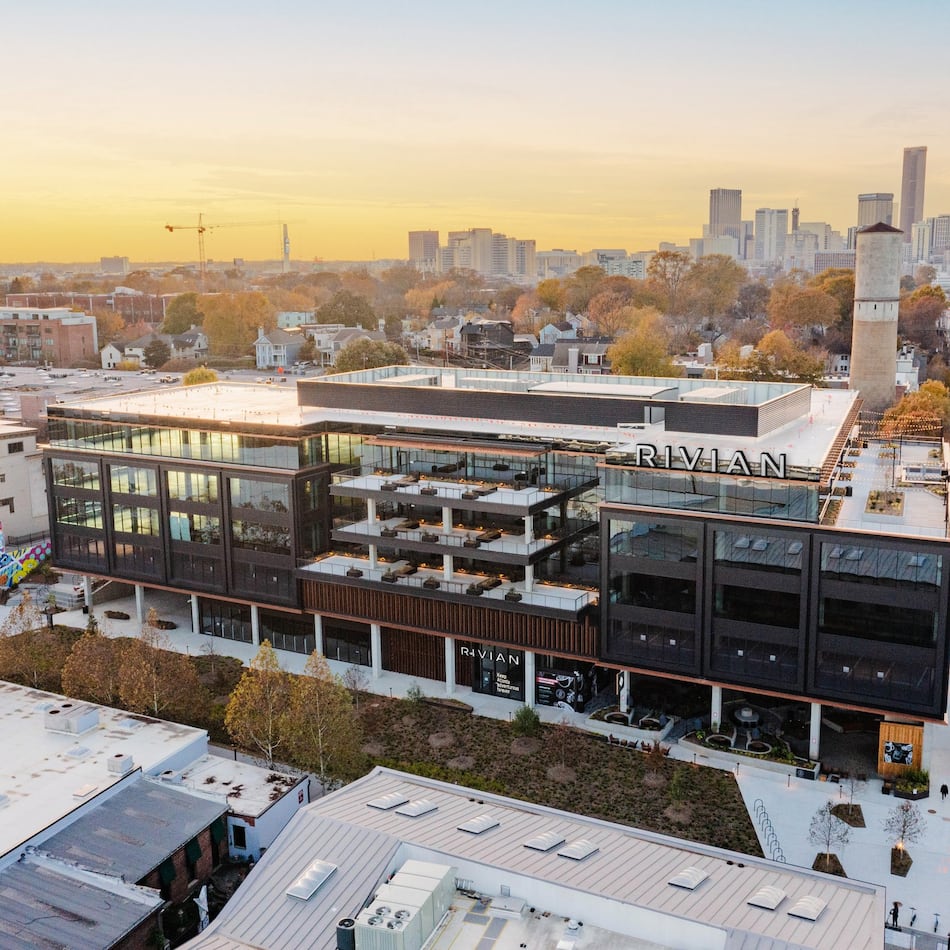BOISE, Idaho (AP) — An Idaho judge lifted a sweeping gag order Thursday in Bryan Kohberger’s quadruple murder case.
Bryan Kohberger avoided a potential death sentence by pleading guilty earlier this month to the brutal stabbing deaths of four University of Idaho students at a rental home near campus in 2022.
A coalition of news organizations including The Associated Press had asked the court to lift the gag order since a trial is no longer planned.
During a hearing Thursday morning, 4th District Judge Steven Hippler agreed that lifting the gag order would protect the First Amendment rights of the public and press.
“The primary purpose of the non-dissemination order, which is to ensure that we can seat an impartial jury, is no longer at play,” Hippler said. He said he couldn’t justify continuing the gag order because the public has the right to receive information about the case, and those rights are “paramount.”
Kohberger's defense team argued against lifting the gag order, saying it could lead to more media coverage and jeopardize the integrity of the sentencing process.
“The media frenzy, as it’s been described, will continue regardless,” Hippler said. “Lifting the non-dissemination order does not require the counsel or others previously bound by it to speak.”
A different judge in Moscow, Idaho, originally issued the gag order early in the case, saying additional publicity could harm Kohberger’s right to a fair trial.
The media coalition also asked Hippler to immediately unseal hundreds of sealed documents in the case. He said he would go through the documents carefully to determine which ones could be made public, but said that process would not start until the sentencing is over.
Though the gag order has been lifted, both the prosecutor's office and the defense team declined interview requests for now, as did former Moscow Police Chief James Fry.
Kohberger admitted to breaking into the rental home through a sliding door and killing the four friends, who had no connection with him.
Prosecutors said he spent months carefully planning the attack, and that his studies as a criminal justice graduate student at Washington State University helped him take steps to cover up his tracks.
Keep Reading
The Latest
Featured



